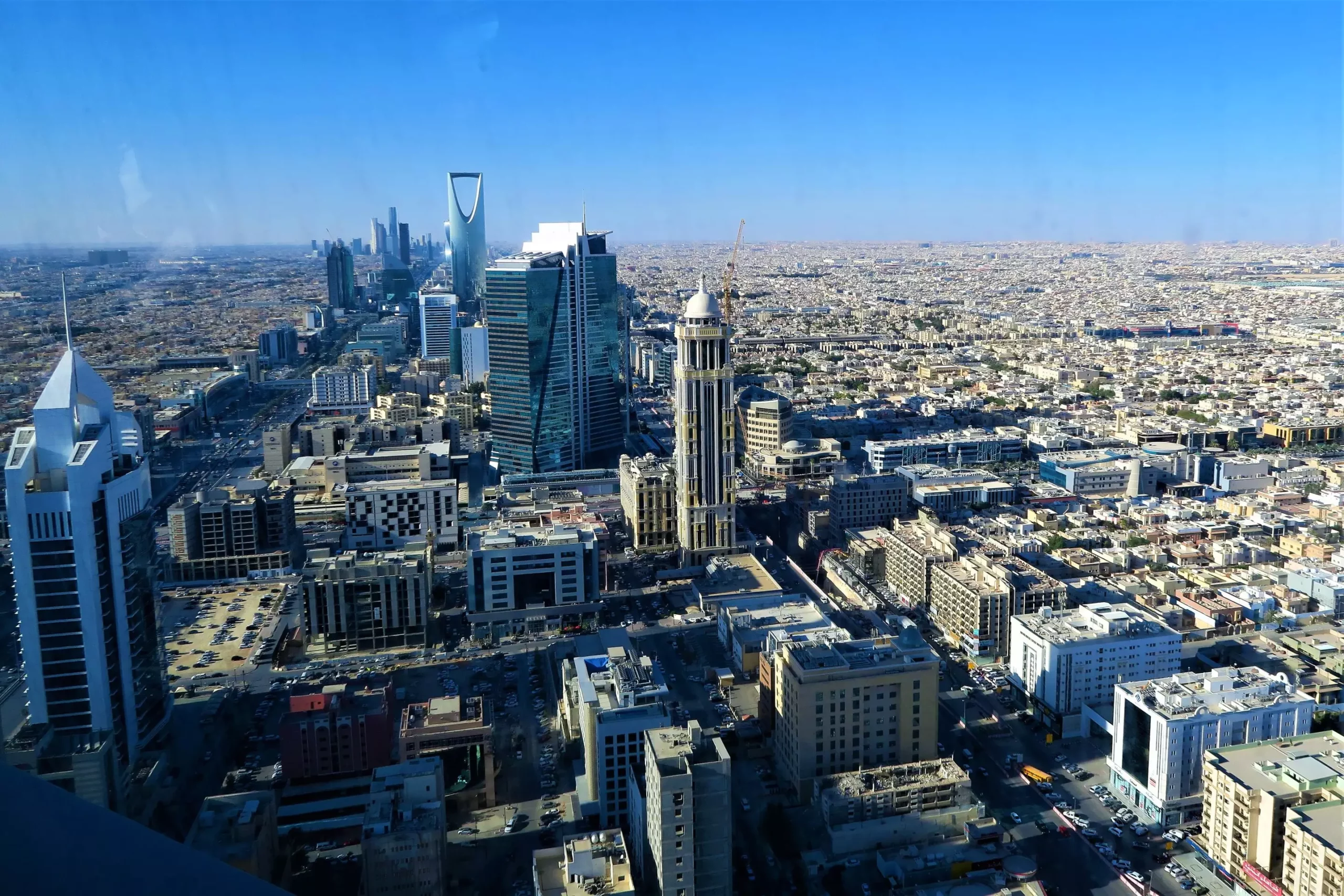The Kingdom of Saudi Arabia, under the guidance of Crown Prince Mohammed Bin Salman, embarked on an ambitious project known as NEOM as part of its Vision 2030 initiative. NEOM was envisioned as a futuristic city that would attract foreign investment and talent to help transition the nation to a post-oil economy. The grand plans for NEOM included a free port, a tourist town, and a linear city called The Line that would span 170 kilometers through the desert. With promises of freedom, multiculturalism, and cutting-edge technology, NEOM seemed like a beacon of hope for the future.
However, behind the glossy advertisements and visionary promises, the truth about NEOM’s feasibility and sustainability started to unravel. The Line, which was supposed to be the centerpiece of NEOM, was eventually scrapped in favor of a much smaller city. This raised questions about the initial intentions behind The Line – was it merely a publicity stunt to attract investment? The extravagant dreams of artificial moons, service robots, and drones seemed far-fetched and disconnected from reality.
NEOM’s location also posed significant challenges. Situated in a geopolitically sensitive area near the borders of Egypt, Israel, and Jordan, NEOM faced potential security risks and diplomatic tensions. Moreover, with soaring temperatures due to global heating, the livability of such a desert city came into question. How would residents cope with extreme heat and limited means of transportation? The lack of emphasis on security and surveillance in the published plans raised concerns about human rights violations and authoritarian control within NEOM.
NEOM exemplifies a broader failure of imagination driven by capitalist ideals and fossil-fuel ideologies. The obsession with grandiose urban projects overlooks the urgent need to address climate change, inequality, and conflict on a global scale. Instead of pouring resources into unsustainable mega-projects like NEOM, the focus should be on creating sustainable and equitable cities that prioritize the well-being of their inhabitants.
The story of NEOM serves as a cautionary tale about the dangers of unchecked urban planning driven by profit and power. While the initial vision may have been ambitious and alluring, the reality of NEOM’s challenges and shortcomings cannot be ignored. It is essential for governments and corporations to rethink their approach to city building and prioritize the principles of sustainability, equity, and justice in order to create truly thriving communities for all.



Leave a Reply